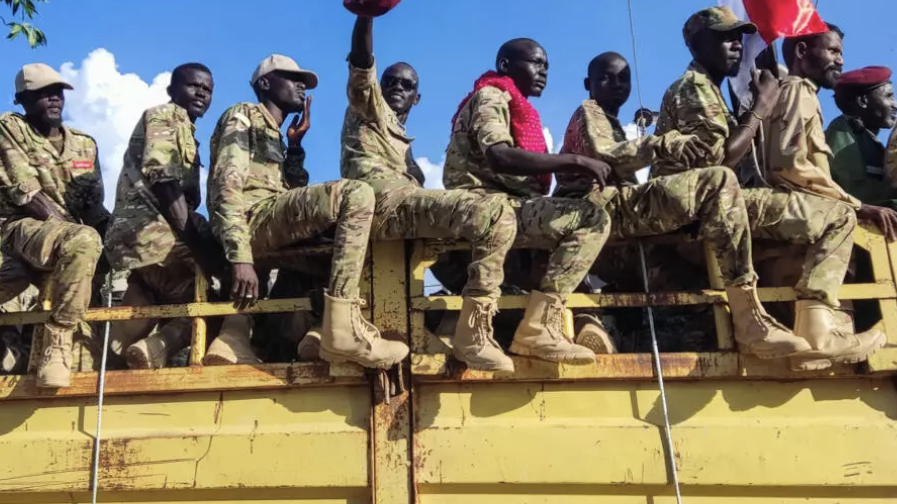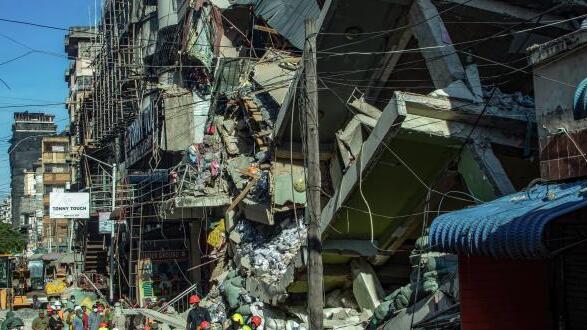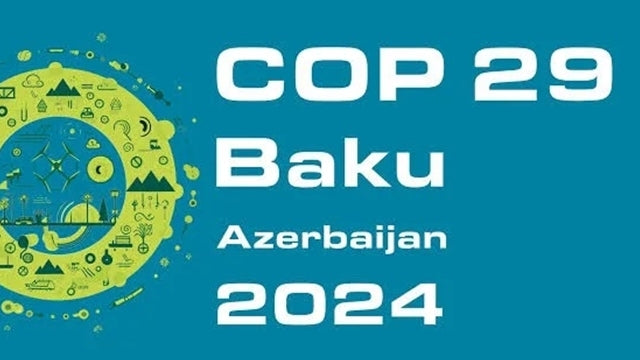
Russian veto at the UN: Sudan held hostage by international power games
On November 18, 2024, Russia vetoed a United Nations Security Council resolution to establish an immediate ceasefire in Sudan and ensure the protection of civilians.
A veto that says a lot about geopolitical alliances
The resolution, proposed by the United Kingdom and supported by Sierra Leone, received 14 votes in favour out of 15. Only Russia opposed it, using its veto to block the initiative. This move sparked outrage from British Foreign Secretary David Lammy, who called the veto a "disgrace" and accused Moscow of obstructing peace in Sudan.
Russian justifications: sovereignty or cynicism?
Russian Ambassador Dmitry A. Polyanskiy defended his country's position, saying that the Sudanese government should be solely responsible for decisions regarding the protection of civilians and the invitation of foreign forces. He also criticized Western countries for their "misunderstanding" of the situation in Sudan and accused them of practicing double standards, including supporting Israel in the Gaza conflict while demanding a ceasefire in Sudan.
Sudan, hostage to international rivalries
The veto comes as Sudan has been embroiled in an internal conflict since April 2023, pitting the Sudanese army against the Rapid Support Forces (RSF). The fighting has caused a major humanitarian crisis, with millions of people displaced and famine threatening a large part of the population.
The consequences of a diplomatic blockage
Russia’s blocking of the resolution complicates international efforts to bring peace to Sudan. The United Nations estimates that nearly 25 million people, or half of Sudan’s population, are in urgent need of humanitarian assistance. Russia’s veto prevents crucial measures from being put in place to protect civilians and facilitate the delivery of aid.
A veto with questionable motivations
Some analysts believe that Russia is using its veto power to strengthen its strategic alliances in Africa and counter Western influence on the continent. Others see it as an attempt by Moscow to divert attention from its own actions on the international stage, particularly in Ukraine.



Leave a comment
This site is protected by hCaptcha and the hCaptcha Privacy Policy and Terms of Service apply.